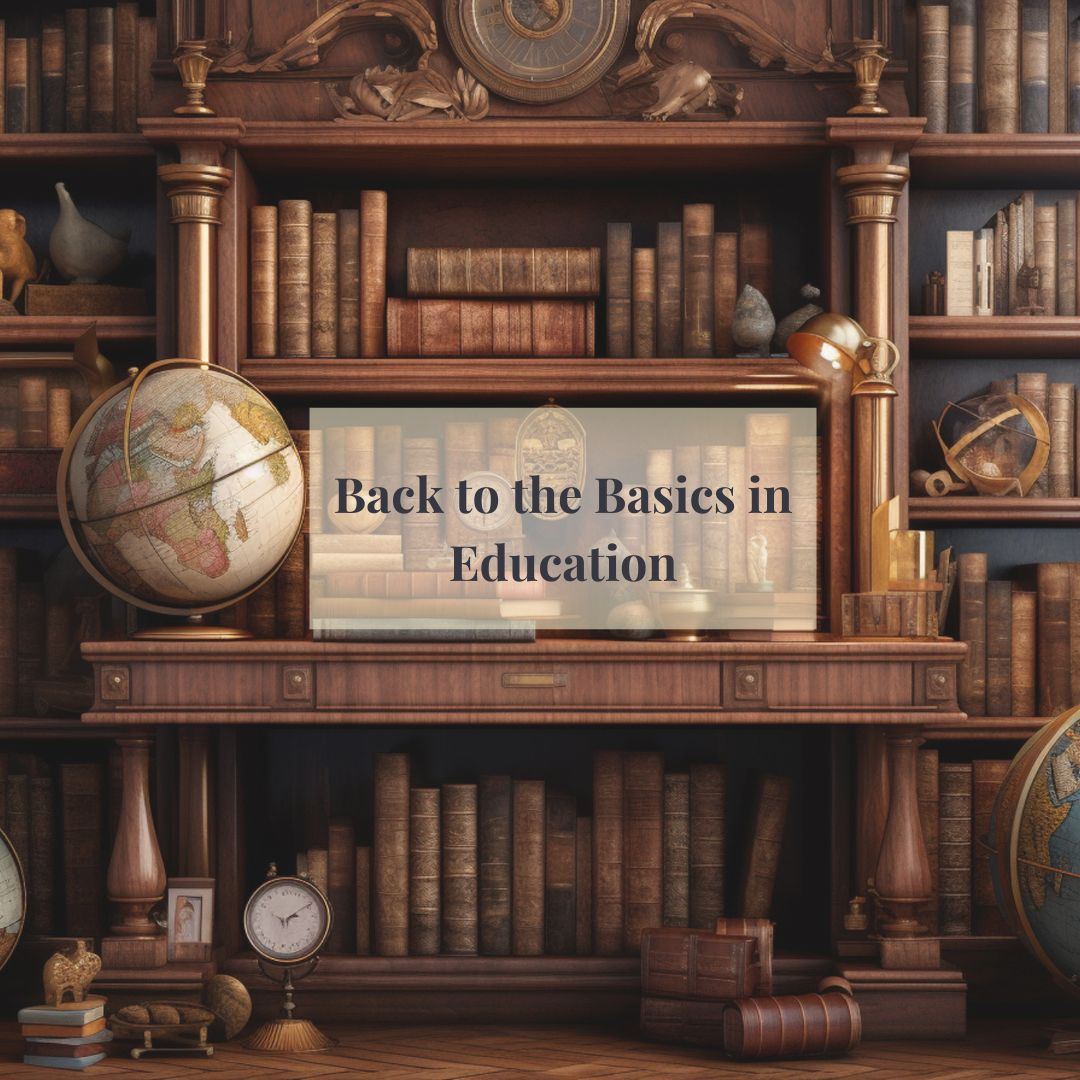Why Returning to Proven Foundations in Education Matters
In recent decades, Ontario’s education system has shifted toward experimental, progressive trends, replacing long-established teaching methods with untested approaches. The outcomes have been concerning, with measurable declines in student performance. Since 2003, Ontario’s 15-year-olds have dropped 35 points in math and 12 points in reading on the PISA tests, a respected global benchmark for educational achievement. According to PISA, a 20-point decline is equivalent to a full year of lost learning. By this measure, Ontario students today are nearly two years behind in math and half a year behind in reading compared to two decades ago—an undeniable setback.
In response, Ontario’s government recently announced plans to reintroduce foundational skills at the junior kindergarten level, a step in the right direction but one that prompts the question: why were these effective, proven methods set aside in the first place? And why focus only on kindergarten? An entire generation of students has been shaped by an educational experiment that deprioritized the basics. Simply returning kindergarteners to foundational skills falls short; students across all grades need these skills to catch up and excel.
At Willowbrook Heights, we take a different approach by returning to time-tested methods that prioritize understanding, critical thinking, and intellectual independence. Our model—classical education—offers students a pathway to master learning itself, not just to meet test standards. Our curriculum is rooted in the Trivium, an educational model that guides students through three developmental stages: first, understanding foundational knowledge (Grammar); next, developing analytical skills (Logic); and finally, mastering the art of persuasive, clear communication (Rhetoric). By progressing through these stages, students learn not just facts, but how to think, analyze, and communicate effectively.
Unlike the progressive approach, which often prioritizes trends and skills geared toward immediate societal concerns, such as social justice and critical race theory, Willowbrook Heights fosters learning through universal truths that have stood the test of time. Our students study history, literature, and philosophy to develop not just knowledge but wisdom. They engage with the Great Books to explore what it means to live a virtuous and fulfilling life, while questioning and analyzing the ideas presented by some of history’s greatest thinkers.
We believe education should prepare students to think deeply, to act with integrity, and to engage meaningfully with the world around them. In a world where adaptability and critical thinking are essential, our commitment to a classical foundation positions Willowbrook Heights students to thrive—no matter where their paths may lead.


